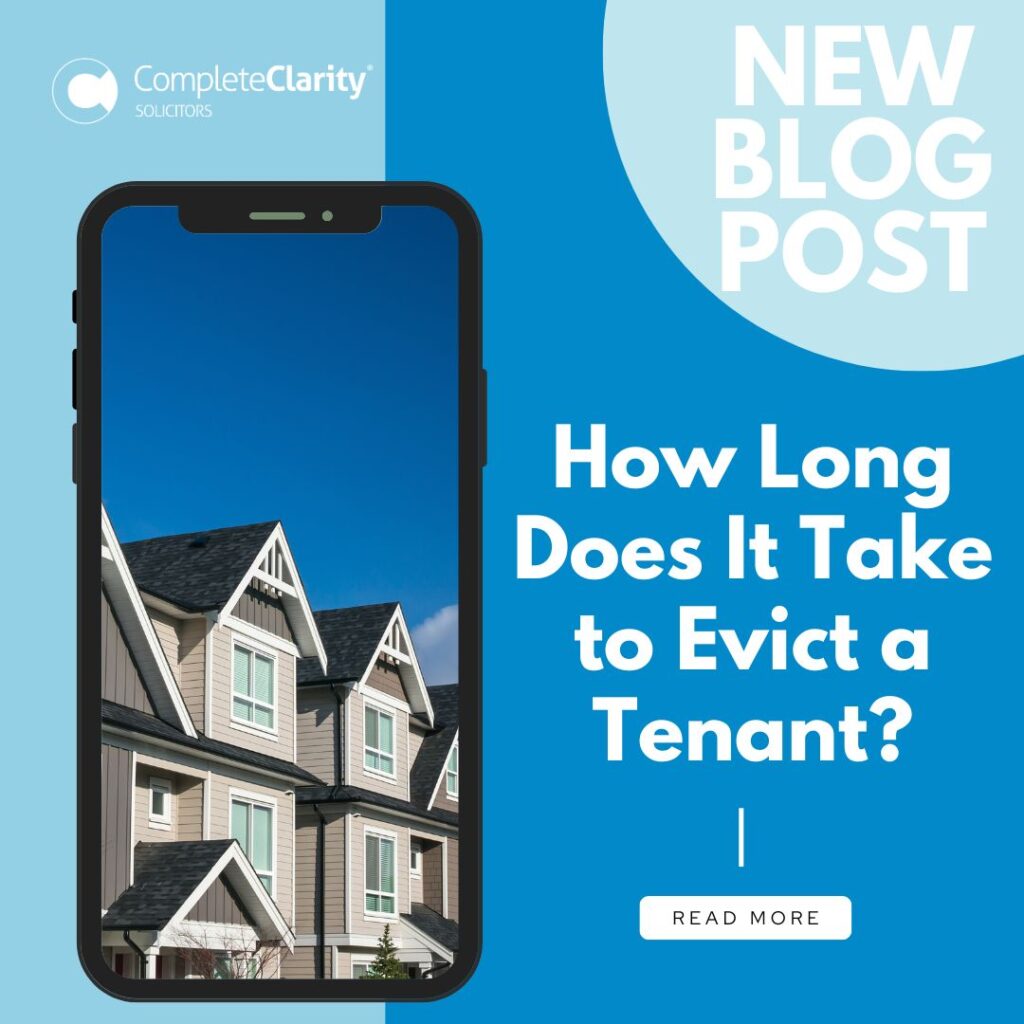Ending a Private Residential Tenancy

If you wish to terminate your private residential tenancy, it is your responsibility as a landlord to provide a notice of leave. The date on which you wish for a tenant to vacate the premises is stipulated in this legal document.
By the conclusion of the notice period, the tenant may submit an application for an eviction order to a housing tribunal if they are unwilling to vacate the premises. The tribunal is referred to as the First-Tier Tribunal for Scotland (Housing and Property Chamber).
Obtaining a Notice to Leave
The notice to leave must be submitted in writing. You have the option of providing this to your tenant via email, post, or in person.
It must inform them of the following:
- That they are required to vacate the property
- The reason for their departure, which is referred to as a “eviction ground”
- The duration of the “notice period” that you are providing for them to vacate the premises.
Proper notification of your intention to depart is mandatory. A landlord may be unable to obtain an eviction order from the tribunal if they fail to do so.
In Scotland, what constitutes permissible Grounds for eviction?
A landlord cannot evict a tenant for no reason.
Tenants are sought to be evicted by landlords on the basis of “grounds.” An eviction order may be requested by a landowner on the basis of 18 grounds for possession, each of which has a distinct notice period:
- Landlord intends to sell
- Property to be sold by lender
- Landlord intends to refurbish
- Landlord intends to live in the property
- Family member intends to live in the property
- Landlord intends to use for non-residential purposes
- Property required for religious purposes
- A tenant is no longer an employee
- Tenant no longer in need of supported accommodation
- Not occupying let property
- Breach of tenancy agreement
- Rent arrears
- Criminal behaviour
- Antisocial behaviour
- Association with person who has relevant conviction or engaged in relevant antisocial behaviour
- Landlord has ceased to be registered
- HMO licence has been revoked
- Overcrowding statutory notice
If Your Tenant Sublets to Someone
Also, the landlord will be required to provide the subtenant with a notice to leave.
Landlord Notice Period
The notice period is contingent upon the eviction ground and the duration of your residence in the property. It will either be:
- 28 days (4 weeks)
- 84 days (12 weeks)
More than one eviction ground may be employed by a landlord. The lengthier notice period will be enforced if the grounds have varying notice periods.
How Long Will it Take?
The duration of the eviction procedure is contingent upon a variety of factors, including the availability of the court and the cooperation of the tenant. The following is an approximate timeline:
• Notice Period: 28 days to three months
• Court Application: The process of obtaining a possession order can take between four and eight weeks.
• Enforcement: The scheduling of enforcement may result in an additional 2-6 weeks.
The duration of the process may vary from 2 to 6 months or more, contingent upon the intricacy of the case.
Challenges and Considerations
Resistance from Tenants
Tenants may contest the eviction, asserting that they were subjected to unjust treatment or procedural errors. In order to mitigate these risks, landlords must guarantee that all documentation is precise and that notices adhere to legal standards.
Court Timescales
Scheduling delays may result from overburdened courts, particularly in regions with a high demand for possession proceedings. It is imperative to anticipate potential delays.
Cost of Eviction Process
Evictions can be costly, as they involve court fees, legal representation, and other expenses. The loss of rental income during the procedure can exacerbate these issues.
Alternatives to Tenant Eviction
Alternative solutions may be advantageous for landlords prior to commencing formal eviction proceedings:
• Negotiation: By engaging in open dialogue, disputes can be resolved amicably, thereby preventing protracted legal disputes.
• Mediation Services: Professional mediators have the potential to save time and money by facilitating agreements between landlords and tenants.
• Local councils may provide assistance in rehousing tenants who are experiencing financial hardship, thereby enabling landlords to regain possession without any conflict.
Conclusion - Glasgow and Edinburgh Solicitor
The process of evicting a tenant is rarely simple. In order to prevent complications, landlords must meticulously navigate the legal procedure when confronted with rent arrears, breaches of the tenancy agreement, or the termination of a fixed-term tenancy. Landlords can effectively manage the eviction process by comprehending the steps involved and investigating alternatives such as negotiation or mediation.
Consulting professionals can guarantee that each phase is executed efficiently and in accordance with UK law when legal expertise is required.
Contact our legal team on 0141 433 2626 for personalised assistance in expediting the eviction procedure and safeguarding your rights.
Why Choose Complete Clarity Solicitors?
Find out about our process and how we charge
Related Posts

Guide To Simple Procedure
Are you considering legal action but worried about time, cost, or complexity? If your claim is under £5,000, Scotland’s Simple

Guide for First-Time Buyers Scotland – buy your first home
Buying your first home is a huge milestone that can often feel daunting and can be a little overwhelming. There
"(Please Confirm)" indicates required fields
Contact us today
Please note: We do not offer legal aid


